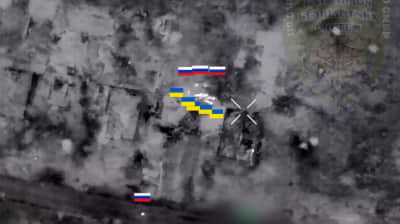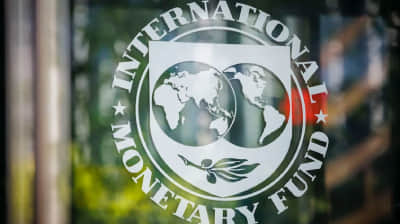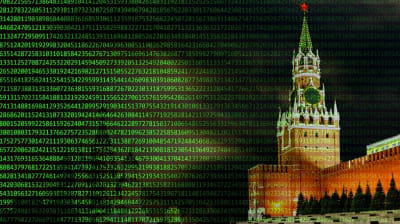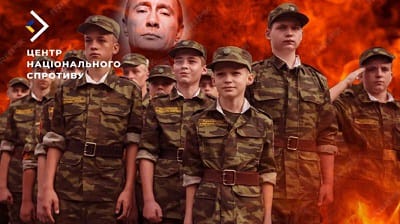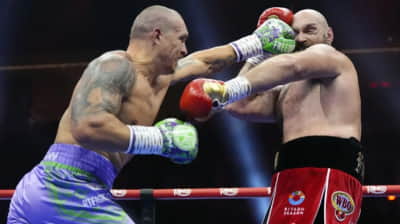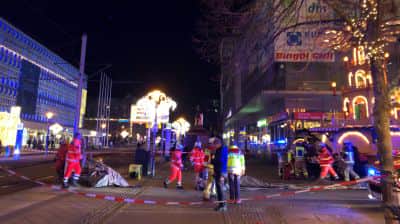ISW explains why Russia accuses Ukrainian and NATO high-ranking officials and military of crimes
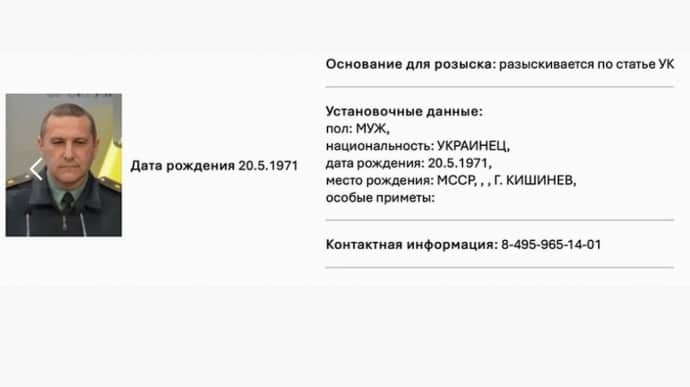
Analysts at the Institute for the Study of War (ISW) believe that Russia's in absentia charges of crimes against Ukrainian military personnel and military officials are an attempt to impose Russian federal law outside its jurisdiction and a hint that Ukraine should not exist as an independent state.
Source: ISW
Details: On 18 June, the Russian Ministry of Internal Affairs issued warrants for Petro Mekhed, a former Ukrainian deputy defence minister, and Viktor Bokii, the ex-deputy chief of the Ukrainian General Staff, accusing them of unspecified war crimes in absentia.
Earlier, on 17 June, the Russian Investigative Committee announced the in-absentia detention of a Ukrainian commander, charging him with involvement in the February 2024 downing of a Russian A-50 radar surveillance aircraft — an act typically seen as part of wartime engagements between hostile nations.
In a similar vein, the Russian Ministry of Internal Affairs has previously included several officials from NATO countries bordering Russia on their wanted list, alleging breaches of Russian laws despite these actions taking place outside Russian legal jurisdiction.
Additionally, Russian authorities have intermittently listed Ukrainian President Volodymyr Zelenskyy, Ukrainian Ground Forces Commander Lieutenant General Oleksandr Pavliuk, and former Ukrainian President Petro Poroshenko as wanted, accusing them of violating Russian laws even though these individuals were not present in Russia at the time.
Quote: "ISW continues to assess that Russia's decision to place Western officials on its wanted list for violating Russian federal laws outside of Russia is part of its effort to violate the sovereignty of NATO member states and justify possible future Russian aggression against NATO.
The Kremlin's prosecution of Ukrainian military personnel and political leadership who are engaged in a fully lawful, defensive war against an invasion by a foreign power in a manner akin to domestic terrorists highlights Russia's enduring belief that the Ukrainian state does not and should not exist as a political entity separate from Russia."
To quote the ISW’s Key Takeaways on 18 June:
- Russian leader Vladimir Putin published an article in North Korean state-owned newspaper Rodong Sinmun praising Russian–North Korean cooperation on the eve of his visit to North Korea, likely to frame any future support that North Korea will lend to Russia as part of a common struggle against the West.
- Ukrainian forces struck Russian oil depots in Rostov Oblast and Krasnodar Krai on the night of 17-18 June, using domestically produced Neptune missiles against a ground target in Russia for the second time.
- Ukrainian forces have now conducted two strikes with its own Neptune missiles against areas in Russian territory that are within range of US-provided ATACMS but that are also protected by US policy that has established a vast sanctuary in Russian territory.
- Founder of the Kremlin-linked Rybar Telegram Channel, Mikhail Zvinchuk, gave his second uncharacteristically public interview within a month in which he criticised the state of Russia's war effort in Ukraine and acknowledged that Western sanctions are negatively affecting Russia's industry and economy.
- Russian forces recently marginally advanced near Vovchansk, Svatove, and Avdiivka.
- Russian leader Vladimir Putin continues efforts to groom Russian military personnel for positions in the Russian government through the Kremlin's Time of Heroes programme.
- Russian occupation officials continue their efforts to militarise Ukrainian youth in occupied Ukraine.
Support UP or become our patron!
